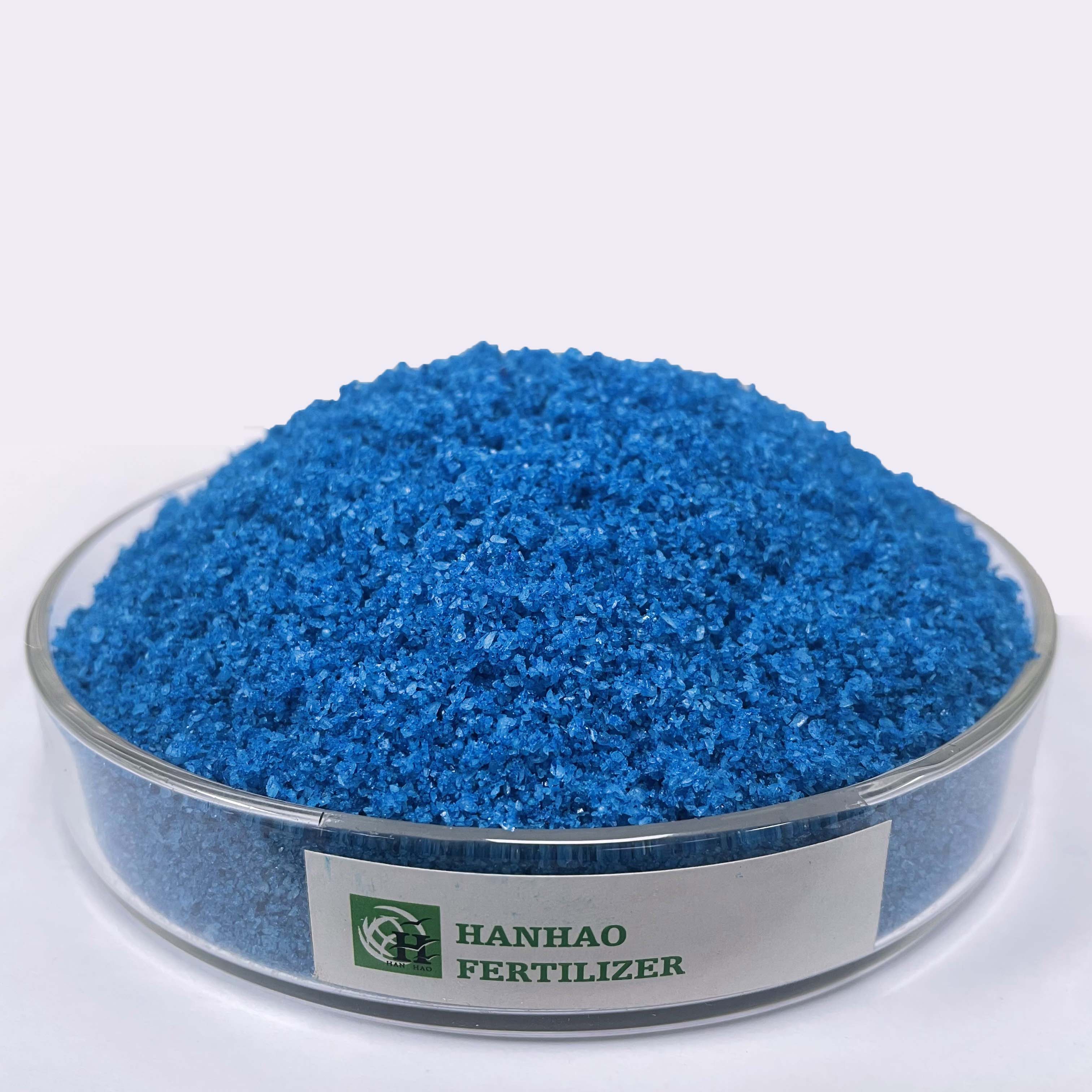
Aug . 14, 2024 07:12 Back to list
Top Recommended NPK Fertilizers for Optimal Plant Growth and Vibrant Garden Aesthetics
The Best NPK Fertilizers Enhancing Plant Growth for a Bountiful Harvest
In the world of agriculture and gardening, understanding the nutritional needs of plants is crucial for achieving optimal growth and yield. NPK fertilizers, which contain three primary nutrients—Nitrogen (N), Phosphorus (P), and Potassium (K)—play a vital role in providing these essential elements to plants. This article explores the significance of NPK fertilizers, their various formulations, and the benefits they offer in enhancing plant growth.
Understanding NPK Fertilizers
NPK fertilizers are categorized by their nutrient ratios, usually presented in three numbers, such as 10-20-10. The first number represents nitrogen content, which is essential for leaf and stem growth; the second number indicates phosphorus, vital for root development and flowering; and the third number signifies potassium, which aids in overall plant health and disease resistance. These nutrients work together to promote robust plant development, making NPK fertilizers a popular choice among gardeners and farmers.
Choosing the Right NPK Fertilizer
Selecting the best NPK fertilizer depends on the specific needs of the plants and the soil conditions in which they are grown. For instance, leafy vegetables like lettuce might benefit from a higher nitrogen formulation, while flowering plants such as tomatoes may require more phosphorus. Additionally, it's essential to consider the soil's existing nutrient profile. Conducting a soil test can provide valuable insights into what nutrients may be lacking, allowing for targeted fertilization.
Types of NPK Fertilizers
NPK fertilizers come in various forms, including granular, liquid, and slow-release options. Granular fertilizers are easy to apply and provide a controlled release of nutrients over time. Liquid fertilizers, on the other hand, allow for quick nutrient uptake, making them suitable for fast-growing plants. Slow-release fertilizers are ideal for long-term feeding, as they gradually release nutrients, reducing the risk of leaching and over-fertilization.
best npk fertilizer pictures

Organic NPK fertilizers, derived from natural sources like compost, manure, and bone meal, are increasingly popular among environmentally conscious gardeners. These fertilizers not only provide essential nutrients but also improve soil health and structure, promoting beneficial microbial activity.
Benefits of NPK Fertilizers
The application of NPK fertilizers has several benefits for plant growth and agricultural productivity. Firstly, they promote healthier and more vigorous plant growth, leading to increased yields. This is particularly important for commercial farmers who aim to maximize their harvest.
Secondly, NPK fertilizers can help in correcting nutrient deficiencies in the soil, ensuring that plants receive a balanced diet. This balanced nutrition is crucial for flowering and fruiting, as adequate phosphorus and potassium levels directly influence these processes.
Lastly, using NPK fertilizers can enhance a plant's resilience to pests and diseases. Strong, well-nourished plants are better equipped to withstand environmental stressors, making them less susceptible to infestations and illnesses.
Conclusion
In conclusion, NPK fertilizers are indispensable tools for gardeners and farmers alike. By understanding the specific nutrient requirements of plants and selecting the appropriate fertilizer formulation, one can significantly enhance plant health and productivity. With the right application of NPK fertilizers, achieving a thriving garden or a bountiful harvest becomes not just a possibility but a reality. As we continue to explore sustainable practices in agriculture, the role of fertilizers will remain vital in ensuring food security and promoting environmental stewardship.
-
Premium Organic Manure Compost for Eco Gardens
NewsAug.01,2025
-
Organic 10-10-10 Fertilizer | Balanced Plant Nutrients
NewsJul.31,2025
-
Premium Amino Acid Fertilizer | Rapid Plant Growth Booster
NewsJul.31,2025
-
10 10 10 Fertilizer Organic—Balanced NPK for All Plants
NewsJul.30,2025
-
Premium 10 10 10 Fertilizer Organic for Balanced Plant Growth
NewsJul.29,2025
-
Premium 10 10 10 Fertilizer Organic for Balanced Plant Growth
NewsJul.29,2025
